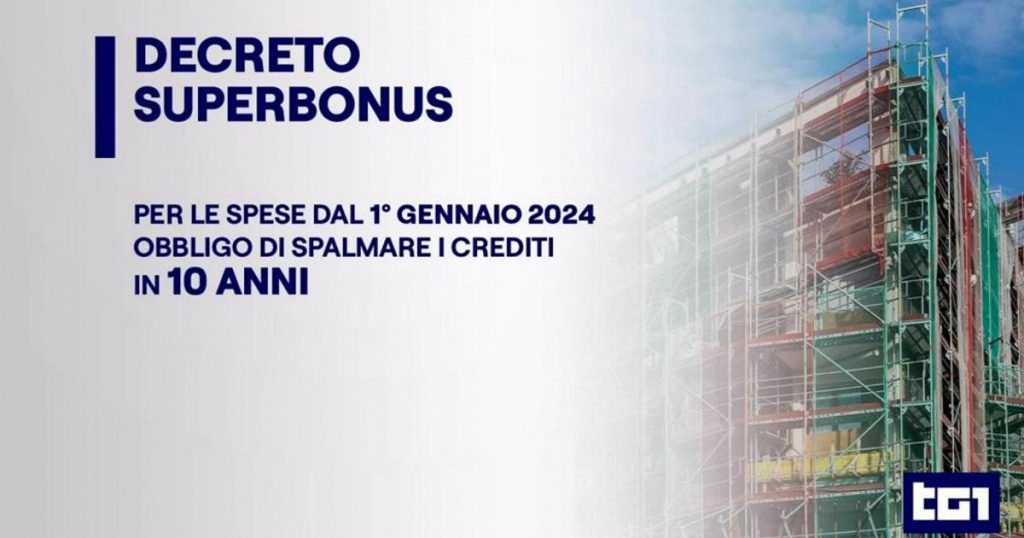The Italian Chamber of Deputies has approved the Superbonus decree today, turning it into law after having received the green light from the Senate on May 16. The main measure introduced by Finance Minister Giorgetti is the “Spalma-detrazioni,” which extends the period for spreading deductions for building bonuses over 10 years instead of 4, starting from expenses incurred from January 2024. Starting from 2025, banks and insurance companies will no longer be able to offset contributions, with violations resulting in penalties and the recovery of improperly compensated credits.
The renovation bonus for homes will decrease to 36% from 2025 and further reduce to 30% from 2028 to 2033. Additionally, a 35 million euro fund for 2025 will be established to provide support for individuals who incur expenses for energy and seismic interventions through the Superbonus on properties damaged by earthquakes occurring since April 1, 2009, excluding those in Abruzzo, Lazio, Marche, and Umbria. The decree also introduces changes for dormant Cilas, which are interventions without documented expenses incurred by March 30, 2024, affecting pre-authorized Superbonus renovations.
A new anti-usury provision will be implemented, requiring banks, insurance companies, and intermediaries that purchase credits below 75% of their value to split payments into six annual installments starting from 2025. Credits generated after May 2022 will be subject to this rule, allowing no further splitting or resale of the payments. Exceptions apply if the purchased credits exceed 75% of the deduction amount and banks can prove the market price exceeds the threshold, currently around 85%.
A fund valued at 100 million euros will be allocated for the third sector in the next year, aiming to financially support Non-Profit Organizations (NPOs), Voluntary Organizations (VOs), and Social Promotion Associations (SPAs) conducting energy-efficient and structural interventions on properties used for their activities without assigned credit transactions. These organizations will receive economic assistance to carry out qualifying works on their owned properties.
The Superbonus decree brings forth measures aimed at improving the efficiency of the tax deduction system for building interventions, such as recalibrating the bonus percentages for renovations and establishing funds to support earthquake-damaged properties’ restoration. Additionally, provisions are made to regulate the handling of dormant Cilas and prevent usury practices in credit transactions to protect consumers and financial markets. The allocation of funds for the third sector demonstrates a commitment to promoting social and environmental responsibility through property renovations carried out by non-profit organizations.


